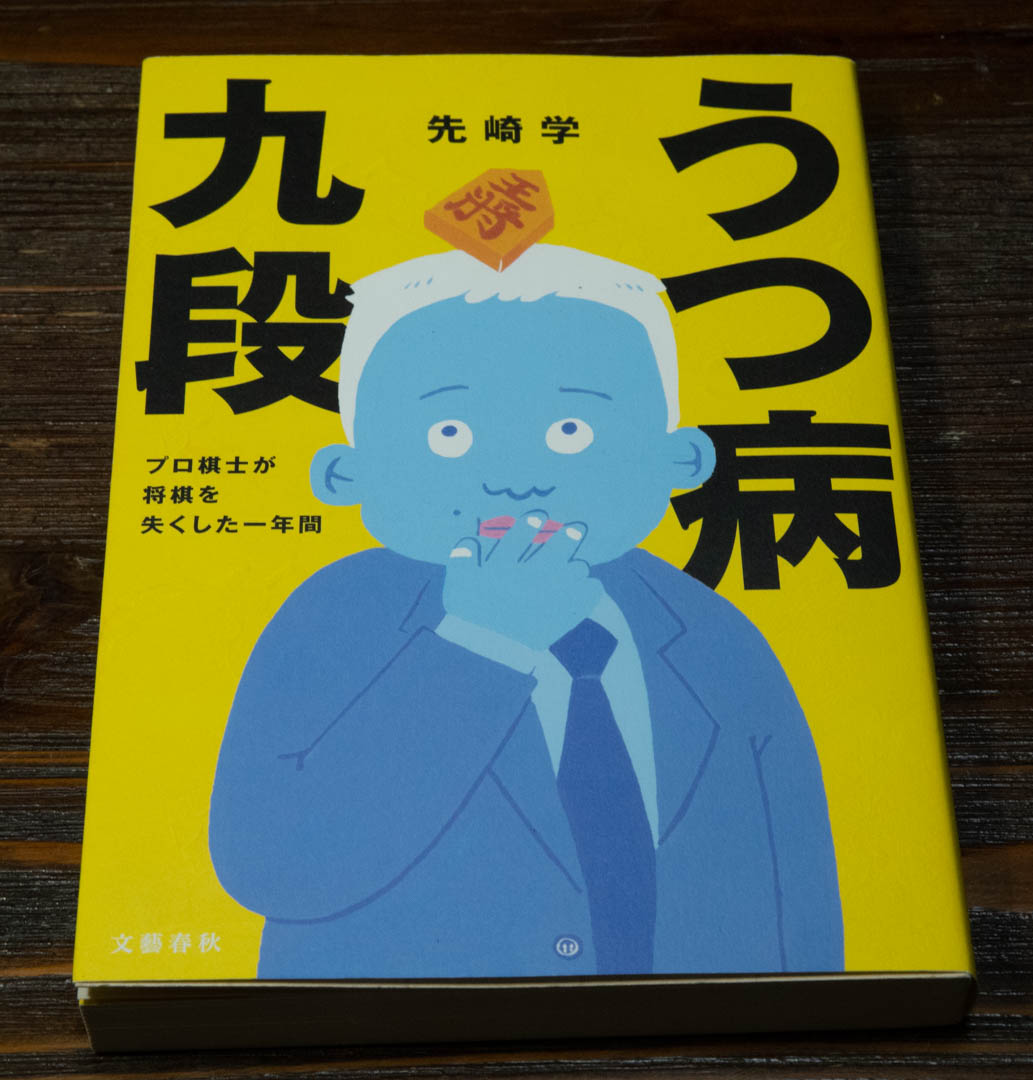The following essay is what I wrote as an assignment of English writng cource at an English school AEON:
Topic: How could English education be improved in Japan?
Style: Formal
If we start from harsh reality, Japan’s English proficiency ranking among 88 countries is 49th in 2018 according to a research of Education First company. The rank is low, even lower than some Asian countries such as Singapore, the Philippines, Malaysia, Hong Kong, South Korea, and so on.
FSI, Foreign Service Institute in the US, released data of “FSI’s Experience with Language Learning”, explaining necessary hours to learn 65 foreign languages for standard Americans who are monolingual of English. While nine European languages including Dutch, French, Italian and others are classified as category I requiring 600 – 750 hours to learn, Japanese, Chinese, Korean and Arabic are classified as category IV requiring 2200 hours and are said to be “super-hard” languages. It is vice versa that people in these four countries require very long hours to master English. Among these four countries, Chinese and English are the same in word order. For example, “I love you.” in Chinese is “wo ai nee. (我愛你)”, which is subject + verb + object for both languages. It is easier for Chinese people to understand some parts of English than Japanese. Many English teachers in Japan say that an average Japanese person needs around 3,000 hours to master English. How many hours then does a normal student in Japan learn English in a junior high school and in a high school? We usually start to learn English from junior high school at the age of 12. In three years at junior high school, there are aggregated around 350 hours of English lessons. In high schools, they are 440 hours. Even if we add some more hours at universities, the total sum of learning is still under 1,000 hours. Since there are plethora of disciplines to be taught at both junior high and high schools, we cannot simply increase the hours of English lessons. Parents should be aware of this reality and they should give more hours to learn English at home to their children.
One more worrying concern for the English education in Japan is the level of English teachers in junior high schools and high schools. The average TOEIC score of junior high school English teachers is 560 and that of high school English teachers is 620. These scores are incredibly low, especially the junior high school teachers’ score is even lower than average score of TOEIC. This means they are less proficient in English than average business people. They are not at all eligible for teaching English. They should “learn” English for the time being. The government should deal with this problem and institute a much higher level of English mandatory for English teachers applicants. If they cannot improve the situation quickly, we should hire more native speakers for schools.

